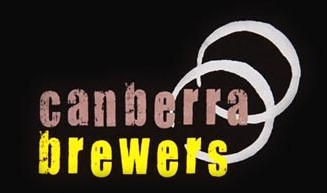Competitions
We run a number of club competitions and challenges during the year which are open to all, not just club members. Brewers are entitled to enter two beers into each of the four categories, but not two beers of the same style. This means you could enter two beers into, say, the light lager category, but not, say, two Munich Helles. This makes a maximum of eight beers per competition per brewer. The members cost per entry is $3 ($5 for non-members) which is payable on submission. The money raised is used to cover the cost of the competition, which includes such things as the purchasing of dry plain biscuits and cheese used by the judges as ‘palate cleansers’, and for buying prizes.
The entries submitted must be registered via the online entry form and labelled with the identification number supplied. Canberra Brewers use style guidelines from the international Beer Judge Certification Program (BJCP) which are available from the BJCP website or via email from the Competition Secretary.
